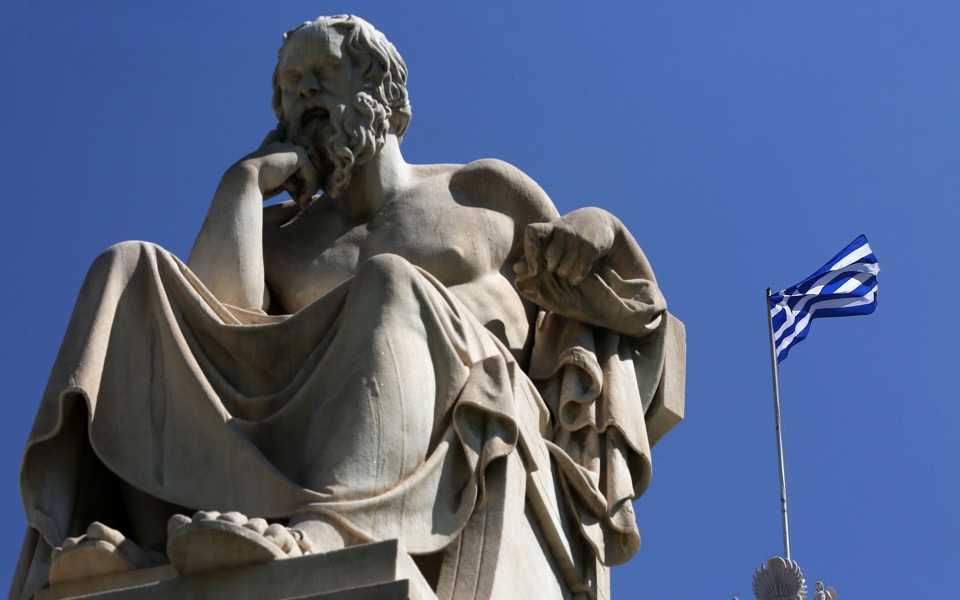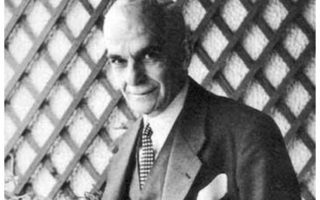Gatekeepers of democracy

Who – or what – are the gatekeepers of democracy? What do they do? A colleague in civil society, the director of an NGO board, suggested the term for a conference we are to cohost on the role of NGOs and think-tanks in democracy promotion. The term is commonplace among civil society theorists and practitioners, she assured me. I had my doubts initially.
Among political scientists, gatekeeper is a term generally reserved for persons or institutions which typically do not have much to do with civil society – political elites and party bosses, institutions like the American electoral college or the European Parliament, even election officers and poll workers. The media has frequently been assigned this role, too.
Gatekeepers are presumably those who keep democracy safe, who shield us from what is deemed to be undesirable.
Two things are implied by this usage of the term gatekeeper. On the one hand, we acknowledge that democracy is perennially at risk. We require someone or something to keep the system working, a safeguard, a set of guardrails, the checks and balances advocated in 18th-century Anglo-American political theory. On the other hand, we understand also that behavioral shifts may undermine the ethos of a healthy democratic polity, without which a democracy cannot survive.
The problem I have had with the notion of gatekeeper is that here you have a person who is charged with the task of keeping someone else out, of excluding, of controlling access, like the ‘lieutenant de police’ in pre-modern Paris monitoring the comings and goings through the gates of the walled city. However, if the condition of democratic citizen is that of one who chooses freely, then gatekeepers are actually an anomaly. Who decides that I may vote but you may not? Who determines in my stead the list of candidates from which I may choose? Do I actually require permission to participate?
Today we are confronted with what is arguably the greatest crisis liberal democracies have had to face since the end of World War II, at both the institutional and the normative levels. The guardrails are creaking; the norms have been broken. The traditional gatekeepers seem powerless to resist systemic challenges to the status quo. The barbarians are at the gates. The real question, then, is whether another sort of gatekeeper can step in to preserve and promote our democracies.
Whither civil society? Maybe my colleague was right. Maybe I have been approaching the question the wrong way. Who better to serve as gatekeeper than the people themselves and those grassroots institutions that advocate their well-being most directly? What might their role be?
The American journalist Damon Linker has dubbed the institutions of civil society a “network of intermediary institutions serving as a buffer between the individual and the state,” whose principal task is that of “sorting, vetting and ranking.”
Linker argues that their gatekeeping function is aimed primarily at the traditional gatekeeping elites. There is no reason, however, that civil society cannot also protect against the rise of the types of threats classic gatekeepers were meant to ward off – authoritarians, populists, subversives.
Moreover, civil society institutions that are transparent, accountable to multiple stakeholders and democratically oriented can act not only as more traditional gatekeepers, but also as proactive purveyors of participatory democracy. As actors in the drama of democracy, the aggregate of civil society can thus play the part envisaged by Montesquieu when he spoke, albeit in a different context, of intermediary bodies, with or without the state.
Three points merit consideration here. The first concerns the potential for gatekeeping in the current political and social context. Democracy is not a Hobbesian free-for-all. It requires rules, which bequeath and reinforce legitimacy. Who best but a plurality of committed citizens to uphold and regiment this basic function, from the middle out, as it were.
Civil society is not a monolith, however. James McGann, director of the Think-Tanks and Civil Societies Program at the University of Pennsylvania, notes that civil society is a sphere of “competing and offsetting ideas.” This competition takes place today in a polity which Dutch political scientist Marlies Glasius calls “post-hierarchic,” in which a traditional notion of gatekeeping is in constant need of refreshing.
Finally, civil society thrives when there is a vibrant linkage between thought and action. This may help explain the recent appearance, in ever growing numbers, of so-called think-and-do tanks, which combine fundamental research with committed action and which communicate with the public at large in innovative ways.
Allow me to add a final word about the timing of these musings. In a democracy it would be self-defeating to suggest that the only time worth taking stock of democratic values and practices is before an election. Are we not citizens – the demos – every day? Yet the election beckons us to cast our ballots in a matter of weeks, and, for once this election may well be the one that matters, as the enemy is really at the gate.
Whence our determination to open the debate, now, before we vote.
David Wisner is executive director of the Michael and Kitty Dukakis Center for Public and Humanitarian Service at the American College of Thessaloniki, which is organizing a conference on “Gatekeepers of Democracy: From Thought to Action Think Tanks, NGOs and Civil Society” in Athens today. For details, visit www.act.edu. The opinions expressed here are his own.





